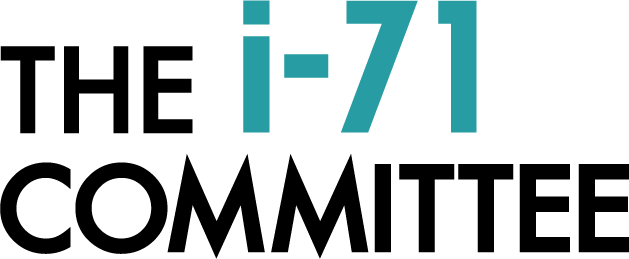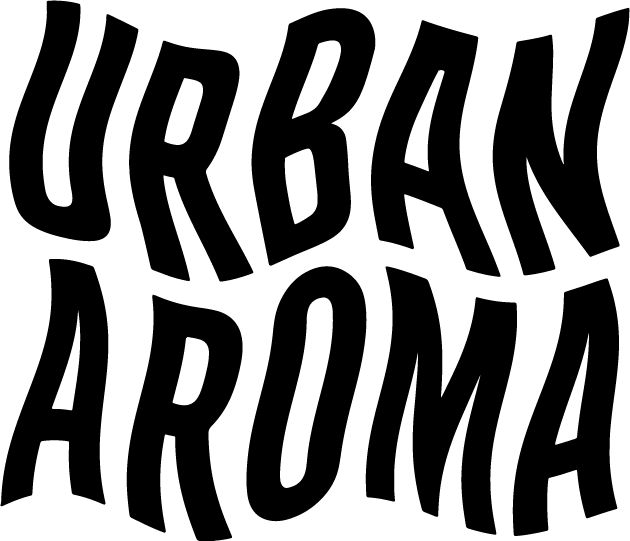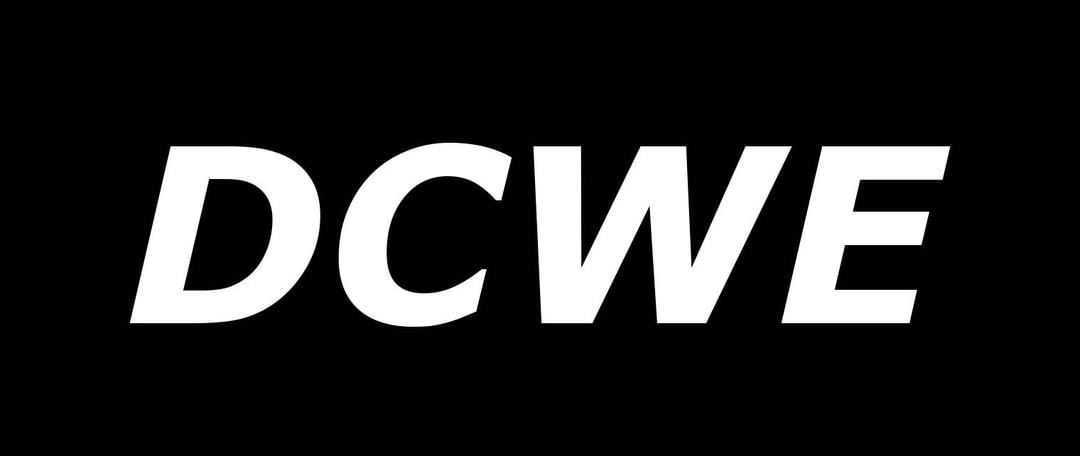i-71 Committee
OFFICIAL PRESS STATEMENT
Executive Director, Grace Reeder
We, the members of The i-71 Committee, are in full support of the legislation, the Medical Marijuana Self-Certification Emergency Amendment Act of 2022, being voted on by D.C. Council this Tuesday, allowing residents to self-certify their own eligibility for medical cannabis.
Legacy Cannabis Business Owners Are Not the Problem, Congress Is.
Congressional interference in local affairs has consistently set back D.C.’s efforts to establish a fair and equitable recreational cannabis market. This created an uncomfortable position for those looking to enter the D.C. cannabis market: while cannabis has been recreationally legal for the last seven years, cannabis sales remain unable to be taxed or regulated as a result of a budget rider. This leaves the District with only seven dispensaries lucky enough to have been awarded licenses to sell medical cannabis; unfortunately, these stores have been unable to keep up with the demand for those seeking to use cannabis recreationally. As a result, the last seven years have seen the creation of a micro-economy of cannabis “gifters” operating within a gray-area of the law. Hundreds of jobs for D.C. residents have been created because of the existence of these small businesses participating in cannabis “gifting” and it is incredibly frustrating that they remain unable to apply for recreational licenses until Congress stops standing in the way.
We are pleased to see the D.C. Council move forward with legislative measures that increase patient access to medical cannabis, without harming legacy cannabis operators in the process. We, the members of The i-71 Committee, are in full support of the legislation being voted on by D.C. Council this Tuesday, allowing residents to self-certify their own eligibility for medical cannabis. This move, through the Medical Marijuana Self-Certification Emergency Amendment Act of 2022, increases access for patients in need of cannabis for medical reasons. Under the current system, a patient who wishes to access medical cannabis has to go through a number of regulatory requirements that often result in delayed access to treatment. There is an additional strain on marginalized patients, like those who are underinsured, low-income residents, and other vulnerable communities, as they may not have the time or financial resources to obtain an authorized practitioner’s recommendation. By removing this requirement and allowing patients to self-certify, the D.C. Council is demonstrating their commitment to building a more equitable world where cannabis prohibition is a thing of the past. We envision a world in which every adult who chooses to do so is able to access safe cannabis, whether it be for medical or recreational purposes.
As the regulated cannabis industry continues to develop and we see other states go through trial and error, we should be encouraging the D.C. Council to be innovative with their approach and learn from the mistakes of other states to find what works and what doesn’t. It is unconscionable that a Democrat-backed Congress has only advocated for cannabis policy and D.C. statehood when they are in need of our support, then continuing to use us as a bargaining chip at the negotiating table. Despite this, there are steps we should take right now to prepare for the day when recreational sales of cannabis are legal. One necessary first step is increasing the number of cannabis cultivation centers so that they can meet increased demand following the ability to self-certify. This would also prepare us for the day when recreational cannabis sales are finally allowed in the District. Some additional policies we would like to see the D.C. Council move forward on is legislation that allows for public consumption of cannabis in dedicated spaces (i.e. consumption lounges) as well as begin developing social equity incubator programs that encourage legacy operators to transition to the future regulated adult-use market.
We hope that the D.C. Council will do the right thing and vote yes on Tuesday to pass these measures and take another step in improving access to cannabis for all. We are also encouraged by the recent announcement that the Appropriations Subcommittee on Financial Services and General Government passed the fiscal year 2023 District of Columbia Appropriations bill, which removed two enacted fiscal year 2022 riders. which prohibit D.C. from spending its local funds on abortion services for low-income women and on recreational marijuana commercialization. We believe these steps move D.C. closer to the day when taxed and regulated recreational cannabis sales is legal and are encouraged by this progress. We are eagerly looking forward to the day when our stores have the opportunity to transition from the legacy market to the regulated one. In the meantime, we hope that we can work with D.C. Council and the medical industry to develop policies like these that move our industry forward.



